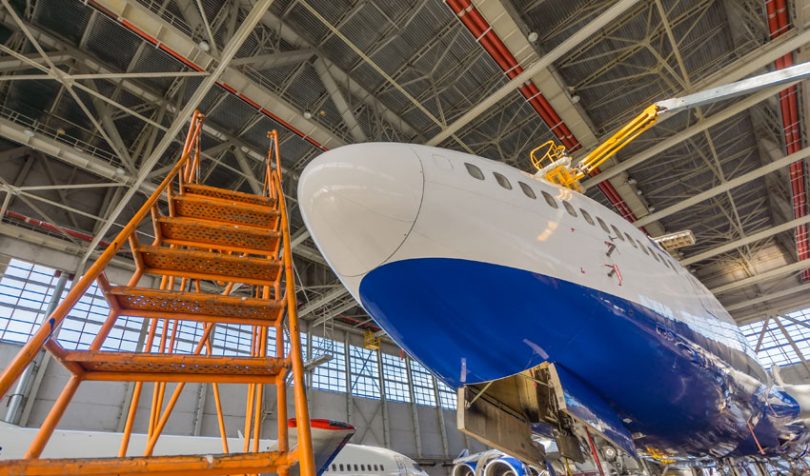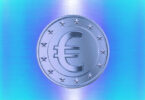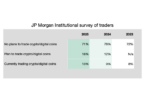According to Accenture’s research, 86 percent of aerospace or defense companies expect to adopt blockchain into their systems by 2021. Compared to other sectors, Aerospace ranked third out of 18 industries for blockchain plans.
Fifty-seven percent of sector companies already use blockchain for product and usage data. Thirty industry executives responded to the survey.
Data veracity
One of the key findings was concern about the use of unreliable data. For example, 70 percent believe that they face corrupted insights as a result of the potential for falsified data. Another example is the 73 percent who base critical decisions on data, yet often the data is unverified. Finally, 73 percent believed automation creates new risks including fake data, data manipulation, and inherent bias.
Blockchain can address these issues by creating a single source of truth with verified data.
Aircraft configuration
“Knowing the actual configuration of an in-service aircraft at any point time is important,” said John Schmidt, Accenture’s global Aerospace & Defense lead. “Blockchain enables aerospace and defense companies to securely share, capture and authenticate data from a single source.”
At the moment, configuration data sits in the internal data silos of aircraft manufacturers, maintenance providers, and airlines. Blockchain can help by tracking and providing consistent configuration across the supply chain.
Digital twins
A digital twin refers to the digital representation of a physical object or process. Accenture recently did a proof of concept with a defense contractor where they used CryptoSeal and FPGA fingerprint technology to give the material a unique identity.
In the case of aerospace, Accenture found that 97 percent of organizations are using or evaluating digital twin technologies.
By extending the idea of the digital twin to data flows, Accenture created the ‘digital thread‘. The concept means the data from the digital twin can move outside the organization and be shared by manufacturers with suppliers, partners, and operators. As a result, the potential benefits are new insights and revenue sources.
And a shared data thread would likely be on a blockchain with the usual blockchain benefits: immutability, automation, cost-effectiveness, auditability, decentralization, and security.
However, some questions and challenges need addressing. Firstly, how to make it easier for suppliers who might have to participate in multiple blockchain ecosystems and digital threads. Secondly, there’s a need for common standards for representing part numbers and other data. Thirdly, to what extent companies should integrate legacy programs with a blockchain.






